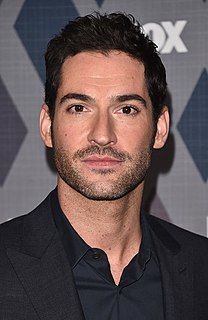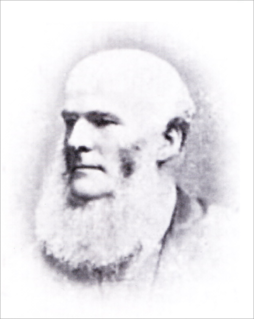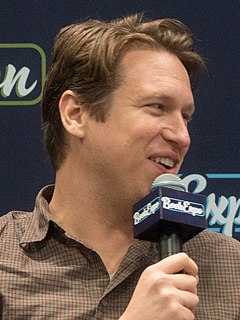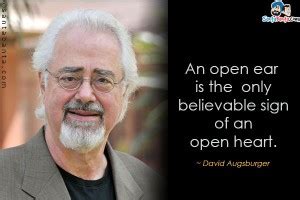A Quote by Tom Ellis
I come from a religious family - my father is a pastor, my uncle, my sister and her husband are a pastor team.
Related Quotes
One of the things that I'm doing and I'm - we have the Johnson Amendment. You know what that is. That Lyndon Johnson in the 1950s passed an amendment because supposedly he was having a hard time with a church in Houston, with a pastor. And he passed an amendment saying basically if you're a pastor, if you're a religious person, you cannot get up and talk politics.



































